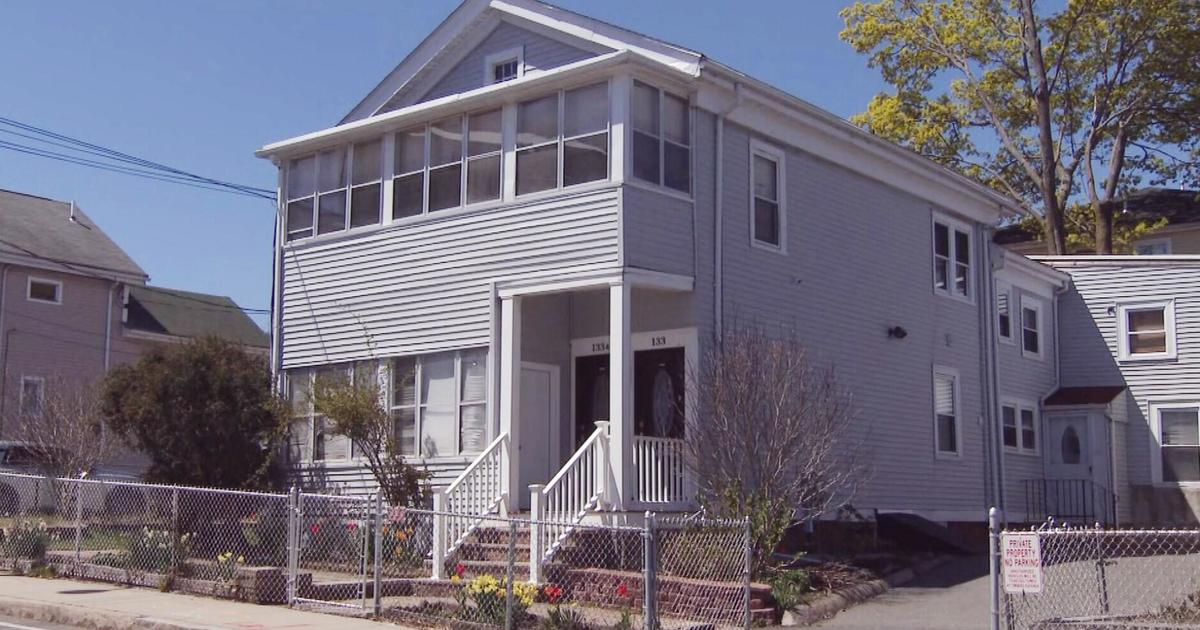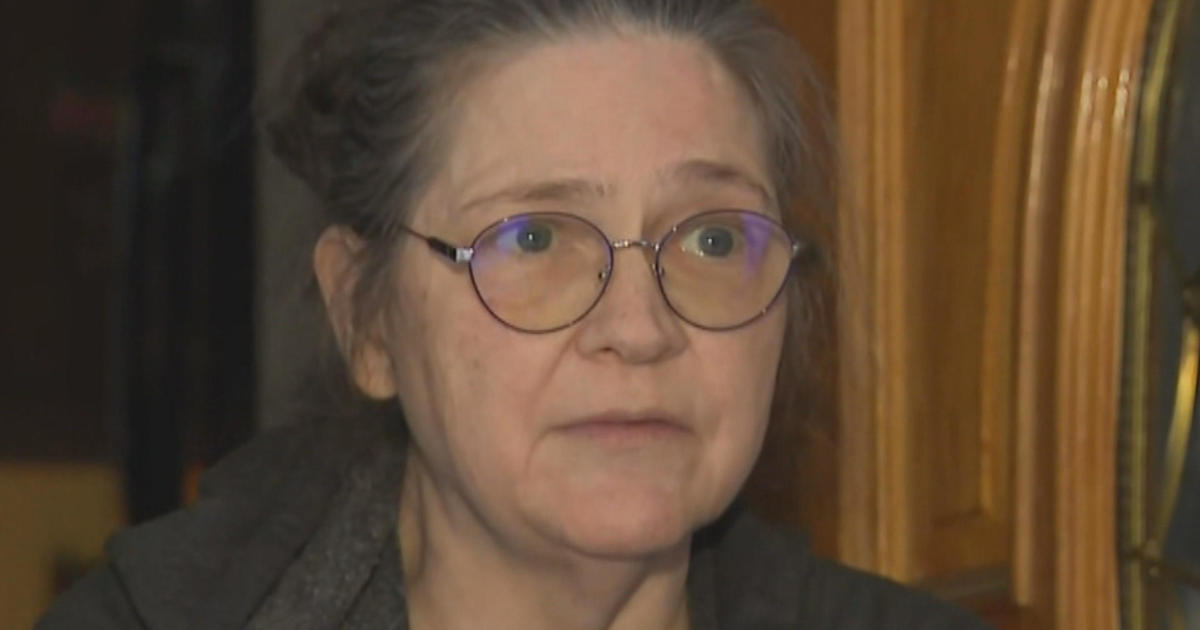Social Security Primer: What Women Need To Know
BOSTON (CBS) - Women represent almost 60% of all Social Security beneficiaries age 62 and older and approximately 70% of all beneficiaries age 85 and older.
Forty-eight percent of all elderly unmarried females receiving Social Security benefits relied on Social Security for 90% or more of their income.
In 2010, for unmarried women – including widows – age 65 and older, Social Security comprises 49% of their total income. In contrast, Social Security benefits comprise only 37% of unmarried elderly men's income and only 32% of elderly couples' income.
A woman's average Social Security benefit is less a month than a man's. Average man's Social Security benefit is $15,000 ($15,231); an average woman's Social Security benefit is under $12,000 ($11,794). That difference adds up over the years. $68,000 over 20 years.
Social Security provides dependent benefits to spouses, divorced spouses, widows and widows with young children.
When it comes to your retirement benefit, everyone is entitled to their own benefit or if married ½ of their spouse's benefit, whichever is larger.
As always, there is an exception to every government rule. If you begin to collect benefits before full retirement age (age 66), your benefit will be less than the one half.
You can also collect benefits on a former spouse's Social Security record if:
- They are receiving Social Security benefits or are deceased.
- Your marriage lasted at least 10 years.
- You are presently unmarried.
- You are age 62 or older. If your ex-spouse is deceased, you can collect benefits at age 60 (or age 50 if you become disabled). As a former spouse, if your ex dies, you could be eligible for a widow's benefit on his Social Security record even though you were not married to him for 10 years if:
- You are caring for his child who is also your child.
- You are unmarried.
Once you reach age 62, even if you have never been employed outside the home, you will be eligible for Social Security benefits when your spouse retires, becomes disabled, or dies. You will also be eligible for Medicare coverage at age 65.
The amount of benefits that a divorced spouse receives has no effect on the amount of benefits a current spouse will receive.
A spouse can also collect their own benefit at age 62 and when their spouse retires at full retirement age collect ½ of their benefit if it is larger than collecting on their on record.
One more thing: In that case, the amount of the spousal benefit is permanently reduced by a percentage based on the number of months before you reach full retirement age that you begin to collect. For example, the benefit would be about 44% of your spouse's at age 64 instead of the 50%. At age 63, it would be 40%; and at age 62, it would go down to 37%.



